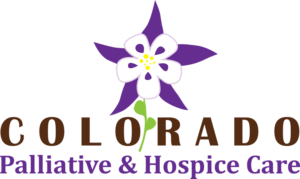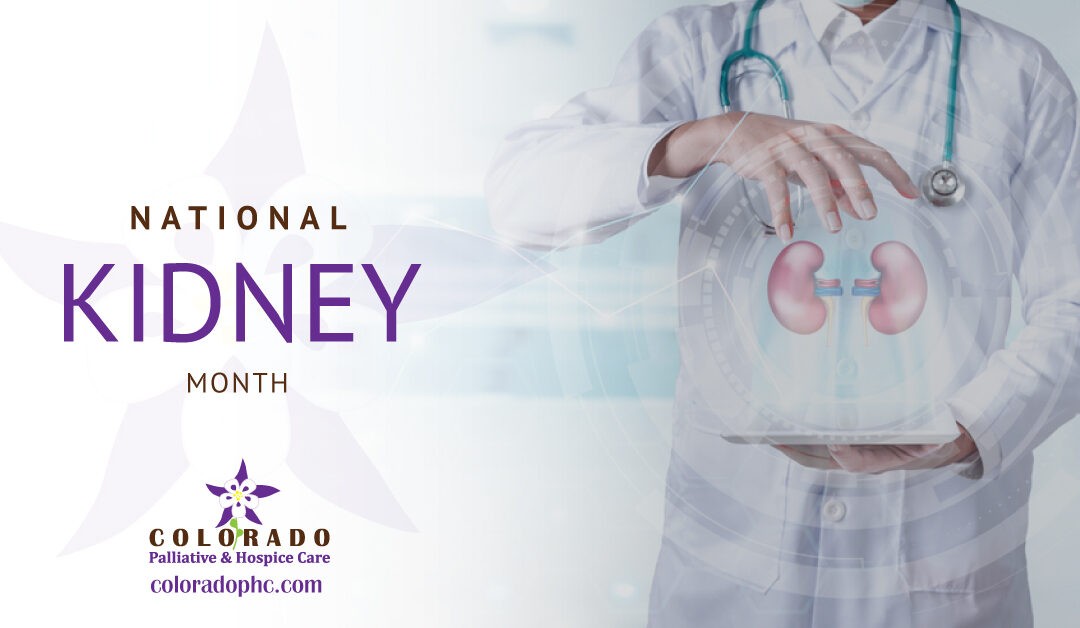When you think of March, you probably think of leprechauns and St. Patrick’s Day, and maybe even melting snow and budding flowers. But, March is also National Kidney Month. Hospice and palliative care play a pivotal role in treating patients with end-stage renal disease. In this post, we’ll explore how.
What is End-Stage Renal Disease?
End-stage renal disease, which is also known as end-stage kidney disease or kidney failure, happens when chronic kidney disease (the gradual loss of kidney function) reaches an advanced state. When the disease progresses to its end stage, the kidneys no longer function the way the body needs them to.
Kidneys work by filtering waste and excess fluids from the blood, which are then excreted in the urine. When the kidneys lose their ability to filter, dangerous levels of fluid, electrolytes, and waste start to build up in the body.
People with end-stage renal disease need dialysis or a kidney transplant to stay alive. Some people also choose to enter hospice or palliative care to help manage their symptoms, aiming for the highest quality of life in their final days, weeks, or months.
Symptoms of End-Stage Renal Disease
Some people don’t experience any symptoms in the early days of their kidney disease. As the disease progresses to end-stage renal disease, common symptoms include:
- Nausea
- Vomiting
- Loss of appetite
- Fatigue
- Weakness
- Changes in how often you urinate
- Chest pain
- Shortness of breath
- Swollen feet and ankles
- High blood pressure that’s hard to control
- Difficulty sleeping
- Decreased mental sharpness
- Headaches
- Persistent itching
- Metallic taste
- Muscle twitches
- Muscle cramps
How Hospice Can Help
Hospice care provides patients with a dedicated team of healthcare professionals in charge of the physical, mental, and spiritual health of the patient and their families. Some of the things that hospice care helps with include:
- Pain and symptom control
- Home care
- Coordinated care plans for each stage of the disease
- Emotional and spiritual assistance and guidance
- Help with financing
- Caregiver (respite) care
- Support through the grieving process
Contact us today to learn more. We’re here for you.

